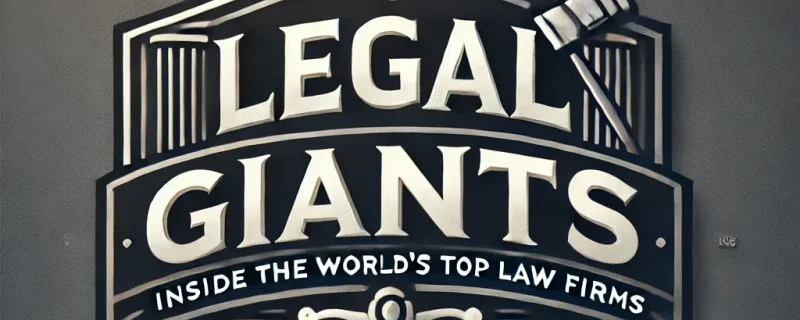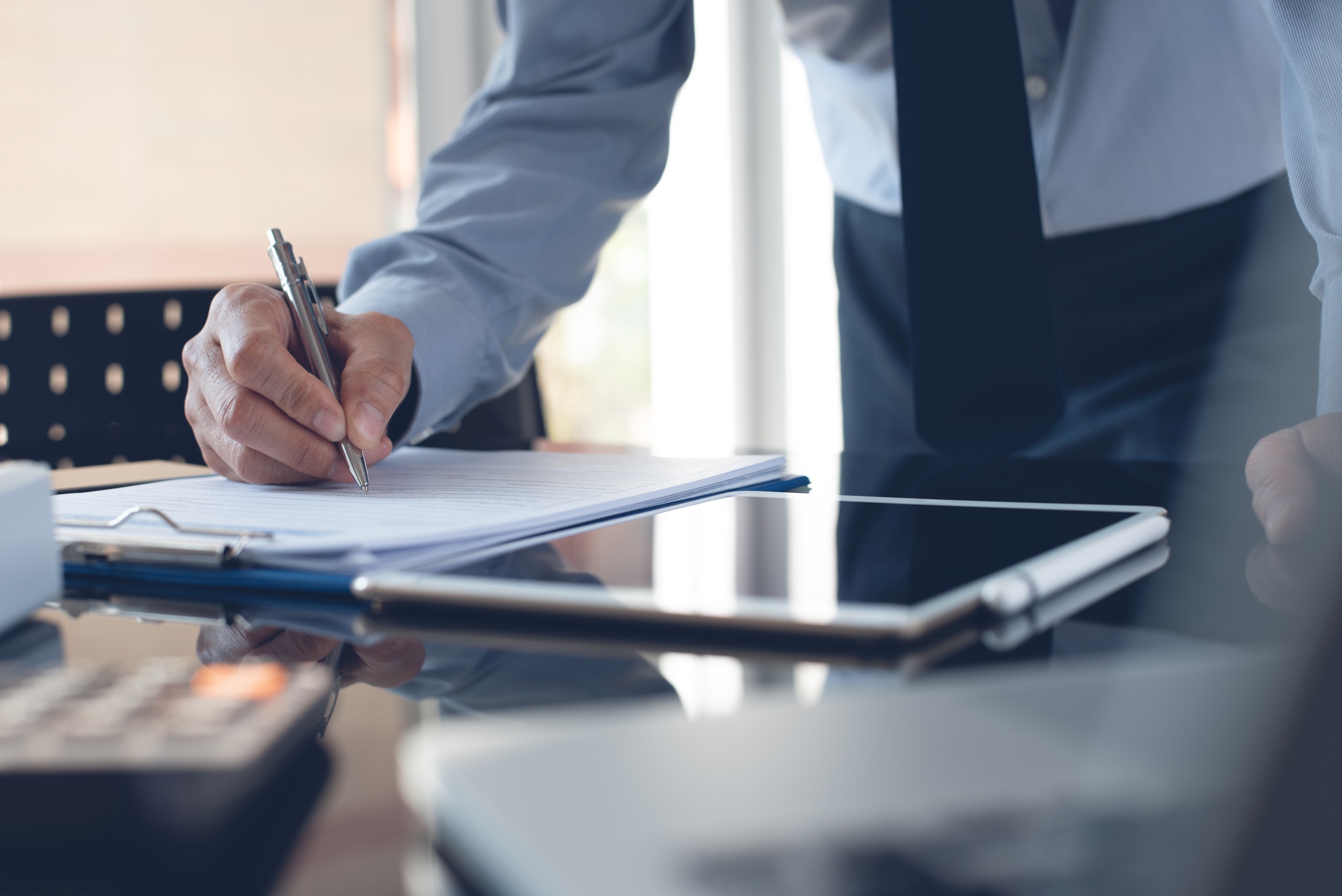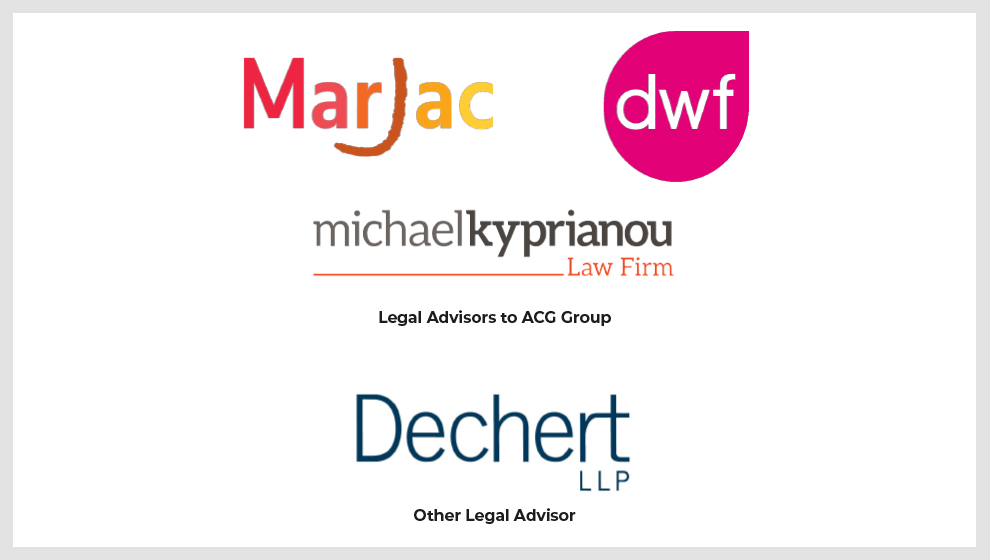Weston Anson is the Founder and Chairman of CONSOR IP Consulting and Valuation, a leader in intellectual property issues for more than 25 years. He is the author of Expert Witnesses, Valuation, and Damages: The Expert’s Point of View (ABA, 2013) and IP Valuation for the Future (ABA, 2018), edited by Jeff Anderson the Managing Director at CONSOR.
When a complex problem arises, you sometimes need outside help—especially when litigation is involved. Litigation can and will drain away your available hours. An expert can be of tremendous assistance during these times: in pre-litigation planning, preparing discovery requests, document review, deposition preparation, and especially if and when litigation gets to trial.
The litigation process can stretch over many months or even years, and an expert can and should be involved during every stage to assist the litigation team. For example, in one case on which our firm worked, we went through a process that had 24 distinct phases (including initial discussions outlining the case) from start through the appeal process.
Having an expert on board before discovery even begins will help you wade through the specialized knowledge subtleties and shades of meaning that come with each industry-specific case. The expert will especially be able to sift through the facts and help point out what issues are relevant to your case. This is true whether you are dealing with real estate, bankruptcy, or intellectual property. Within my own practice dealing with intellectual property, areas of specialty can include rights of publicity, trademarks, patents, royalty rates, licensing, and trade secrets valuation.
Besides providing industry-specific details on a case, an expert can help you to coordinate scheduling, establish industry standards, and put in place work product controls. The following briefly outlines some of the phases during which an expert can prove to be valuable to any litigator:
Pre-litigation planning. Talk to your expert about your case and use the expert as a sounding board to determine whether the cause of damages is logical and supportable, based on the expert’s knowledge of the subject in question. When discussing the case, put aside the legal issues. Determine whether the facts, as explained to the expert, are in his or her opinion, sufficiently grounded in established customs and practices in the subject industry. Also, find out if the litigation makes sense from an industry point of view.
Estimate of order of magnitude damages. Early on, have the expert, based on the facts you outline, provide you with a rough analysis of what the total damages may be. This will enable you to discuss with your client whether it is worthwhile to move forward with litigation based on economic risk-reward analysis.
Mediation or arbitration consultation. Subsequently, consult with the expert concerning what would be a reasonable amount to seek in a mediation or arbitration, when settlement is sought prior to formal litigation.
Discovery strategy and requests. As litigation moves forward, consult with the expert on what types of documents would be most important to the discovery process. The expert can provide a detailed request for information (RFI) that can be submitted to the other party.
Document review. Depending on the size of the litigation, the amount of produced documents can be substantial. An expert can provide valuable assistance in reviewing these documents, finding out which documents are relevant to the damages or other issues, and also outlining what additional documents should be requested.
Alternative damages theories. Discuss alternative damages theories with the expert. This preliminary discussion will help give you and your client a clear picture of possible financial damages scenarios.
Pre-deposition assistance. Experts can look at the opposing side’s organization and determine who would be useful to your case to have deposed. This includes deciding which personnel would best be named as the 30(b)(6) witness. Also, experts can provide you with general deposition guidelines as well as specific questions to ask during the deposition that are relevant to the industry.
Opposing expert intelligence. Ask the expert for information about the opposing expert, both informal and public information. The expert will have industry and professional contacts that can help you gain more insight into opposing experts and their tendencies.
Deposition attendance. The expert can help prepare questions for the opposing expert’s deposition. The expert, or one of the associates at the expert’s firm, can attend the deposition and can assist you with questions and suggestions before and during the deposition.
Daubert challenge assistance. Experts can provide you suggestions on how to present a Daubert challenge of the opposing expert. Your expert can review the opposing expert’s earlier reports to identify potential inconsistencies as well as review any written work outside of litigation.
Industry-specific issues analysis. As with damages theories, the expert can present you with a discussion of industry-specific issues in the case, along with recommendations, analysis, and conclusions.
Expert reports. If the expert is providing two reports, make sure they are consistent. And by now, you should not be surprised about what is concluded.
Rebuttal report. Your expert can write a rebuttal to the other expert’s report. The opposing party’s expert will most likely have a diametrically opposed position, which your expert can systematically analyze and dissect.
Deposition and preparation. Beyond being deposed, the expert can help you prepare for the deposition by reviewing reports and key documents.
Trial and testimony. The expert’s ultimate role will be trial testimony. Preparation will be similar to that leading to deposition. Preparation for this moment should have been ongoing and constantly communicated between you and your expert. Make sure that congruency between you and your expert is in place especially, as to the merits of the case in general (this is critical from the very beginning).
Appeal preparation. When you receive the decision, review it with your expert, and get his or her opinion on whether to accept the decision as is, or to appeal certain aspects. If you appeal any part of the decision, your expert can once again be very instrumental, helping prepare a supplemental report to be included with the appeal.
Conclusion. The lesson that every attorney should learn, whether a solo practitioner or a partner in an international firm, is that your expert should be brought onto your litigation team early in the process. The whole litigation process takes time, experience, and patience. And remember, it is a two-way street: When you respect the expert, the expert will respect you, your client, and especially your strategy. Hiring an expert, and hiring that expert early, will be the best move you make.
T: 800 454 9091




















